Teaching Students with Autism about Digital Citizenship
I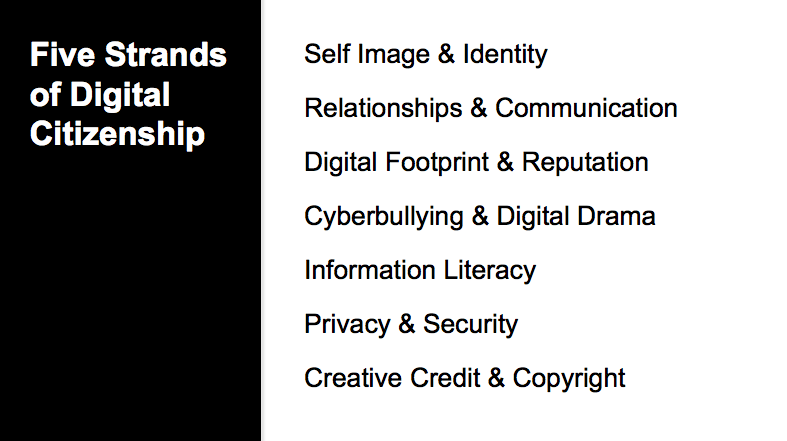
Digital citizenship at Cumberland Academy began when the school started thinking 21st about century social skills. “A lot of our kids are attracted to online spaces. The social interactions are relatively structured, you know when it’s your turn to talk…you have time to pause and reflect before you respond to a question,” said Jennifer referring to texting or talking over social media. When the school introduced Chromebooks a couple years ago, they knew it was important to build a culture of 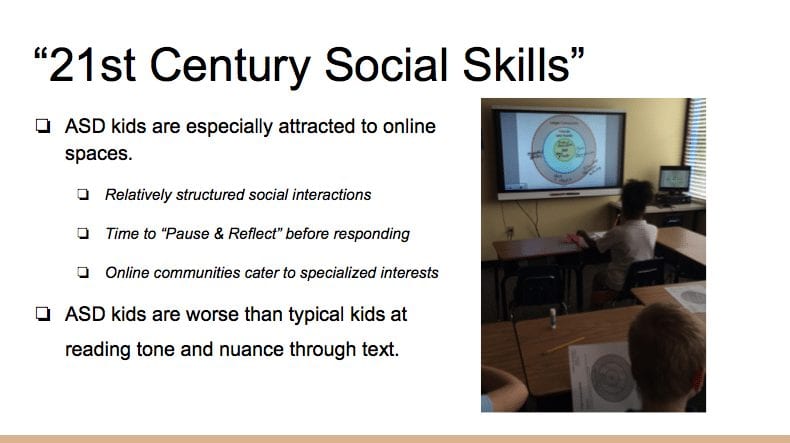
Jennifer continued on to explain the components of digital citizenship and how they apply to the students. For example, autistic students may struggle with self-image and identity online. “Because of social media, a lot of our students are more aware of the social deficit they have,” explained Jennifer. She reminds students to stay realistic when comparing themselves to others, because people often post only the “perfect” version of themselves online. She also encourages students to unplug from social media, find role models offline, and be proud of their individual accomplishments.
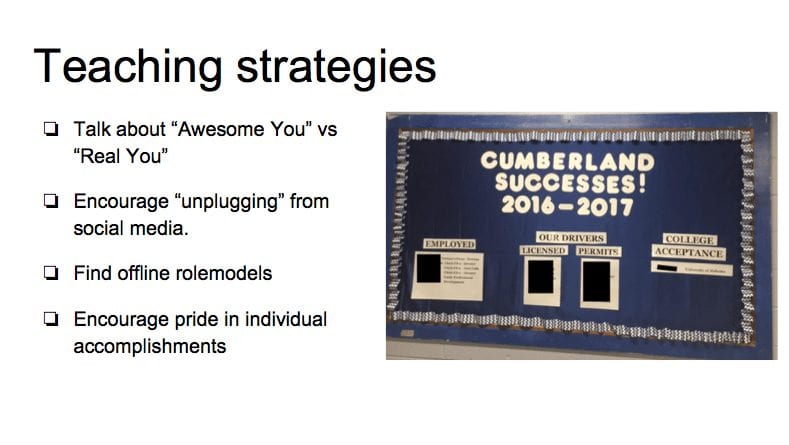
When communicating over text or through social media, small arguments can sometimes be blown out of proportion. To deal with cyberbullying, Jennifer teaches empathy and consequences using real world examples, encourages being an upstander rather than a bystander, and encourages students to report troubling behavior. Rather than immediately punishing students for digital drama, Cumberland Academy tries to treat situations as teachable moments. While Jennifer provided a variety of digital citizenship teaching strategies throughout the webinar, her recurring piece of advice was to simply set good examples by modeling correct behavior and good habits for students.
This broadcast was hosted by edWeb.net and Common Sense Education and sponsored by Symantec.
This article was modified and published by eSchool News.
About the Presenter
Jennifer Liang graduated from Georgia State University in 2005 with a degree in education and has completed coursework towards a master’s degree in special education. She is a Common Sense Digital Citizenship Ambassador and a Level One Google Certified Educator. Jennifer is a frequent presenter on using Google tools for accessibility and digital citizenship for students with special needs. She works at Cumberland Academy of Georgia, an independent school for students with autism spectrum disorders.
Join the Community
Digital Learning & Leadership is a free professional learning community (PLC) where you can share, learn, and discuss ideas and best practices to enhance teaching with technology. Members can participate in live, monthly webinars and community discussions that focus on meaningful integration of digital learning practices and digital citizenship.


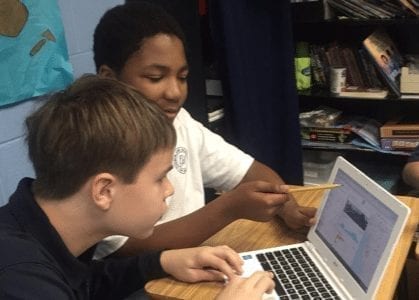
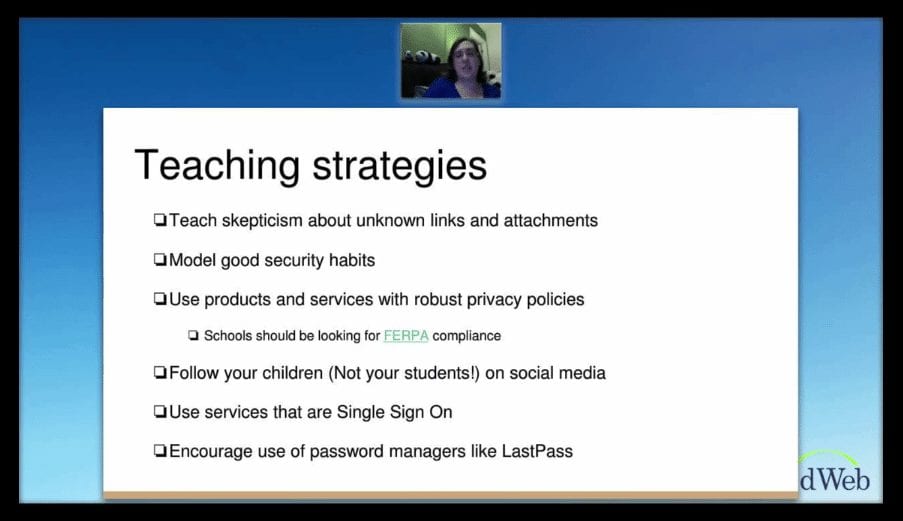
Comments are closed.